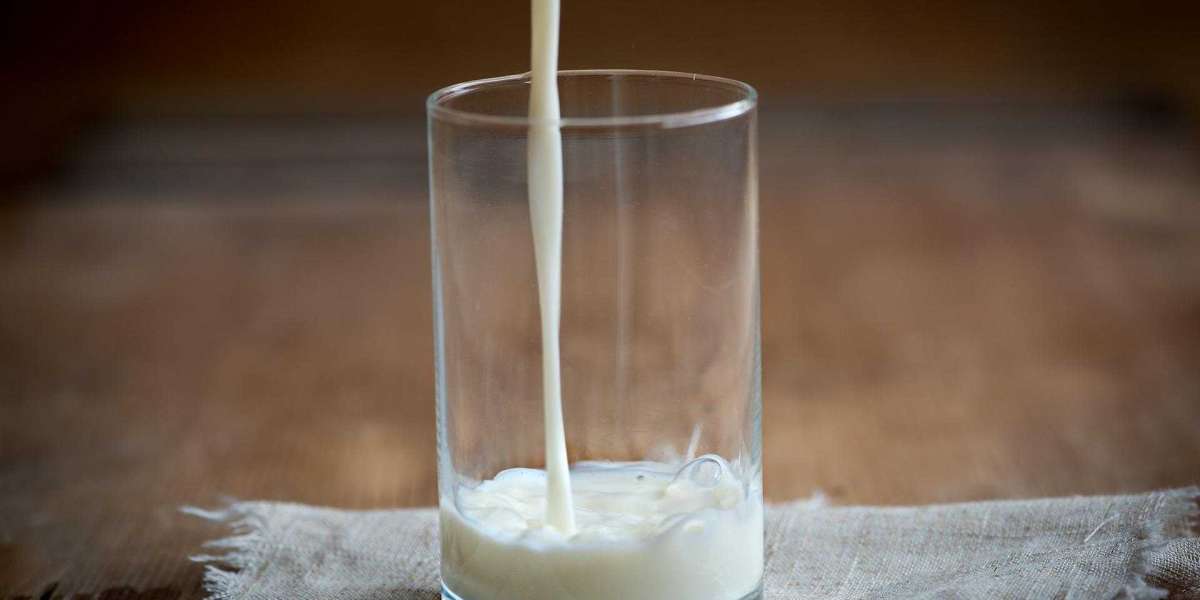Coffee diet
A popular diet today that suggests drinking a lot of real coffee and eating less food due to appetite suppression and pronounced stimulation. The diet has gained popularity due to the increased activity of those losing weight. Certain results are quite realistic to achieve, so we decided to tell you in more detail about how the coffee diet works and whether you should try it on yourself or your friends.
The essence of the diet
A certain amount of food is limited, often this is most dishes, sweets, fast food, etc. Simply put, a person is left with very little food per day. Hyper-low calorie content promotes weight loss in itself - this is a fact. If a person eats less than he spends, he begins to lose weight, because the body spends accumulated fat, muscles and other sources of energy. The problem is that you will not be able to withstand a low-calorie diet for a long time. You will be tormented by hunger, stress, fatigue, irritability, etc.
The caffeine diet partially solves this problem by stimulating the nervous system. When the central nervous system is excited, hunger and other needs recede into the background. In addition, the activity of the nervous system forces you to be active and not sit still, that is, to spend calories.
The diet may look completely different, but the essence is always the same: eat very few calories, and suppress hunger and discomfort by stimulating the nervous system due to the effect of caffeine. In theory, such a diet will work, because stimulation will really allow you to forget about hunger. Most thermogenic fat burners work on the same principle.
However, there is a flip side to the coin. In order to understand the negative effect of such a diet, you need to know everything about caffeine. We will take upon ourselves the initiation of you into this interesting topic. Let us note right away that caffeine does not have a stimulating effect on the central nervous system. The mechanism of action looks completely different.
A little about caffeine
It is widely believed that caffeine invigorates, stimulates the central nervous system, increases endurance, strength, etc. However, if you dig deeper, it becomes clear that this is not entirely true. Books describe the effect of caffeine and its action in a rather tedious and boring way, but we will try to describe it simply and accessibly.
Caffeine is similar in structure to adenosine, a neurotransmitter in the brain. Yes, the word is complicated, but we will not use it anymore, forget about it. Adenosine and caffeine bind to the same type of receptors in the central nervous system. We learned about the connection between adenosine, caffeine and the same receptors only in 2012, that is, the research is completely new by scientific standards.
What is adenosine?
This is your protector and friend. It slows down the work of the central nervous system during stress, overexertion, wounds, etc. Simply put, to prevent the brain from overheating, it synthesizes adenosine, and it calms the central nervous system. It is a kind of brake pedal in your car.
What is caffeine?
Caffeine, due to its similarity to adenosine, can bind to receptors that are designed for adenosine. Simply put: it plays the children's game of third wheel with adenosine and is the first to sit on the chair (receptor).
Once it gets ahead of adenosine molecules, adenosine simply has no choice but to wait its turn. Caffeine delays the inhibitory effect, and your brain continues to be active, catching up with the CNS.
That is, caffeine simply inhibits the inhibition processes that adenosine initiates. And it does this in a simple, barbaric way - it occupies the adenosine receptor.
So it turns out that coffee does not stimulate. It makes adenosine rest. But the effect is temporary. And when caffeine gets tired of sitting in such places, it disappears. And adenosine will accumulate, and then at once sit in all the free places. You will feel very tired, lethargic and want to fall asleep and lie down.
And if you often take the place of adenosine with caffeine molecules, the brain will begin countermeasures. It will increase the number of chairs (receptors). That is, with the usual dose of caffeine, there will be free places for adenosine, and the inhibitory effect will still appear.
This explains why over time you need to drink more and more caffeine to feel stimulated. Although wait, it's not stimulation, it's just a banal delay of fatigue, which then suddenly falls upon you.
To avoid increasing the number of receptors each time, try drinking caffeine in small doses and not often. Don't turn coffee into a daily obligatory ritual if you want to get "stimulation" from it.
Style summary
Now you know that caffeine not only does not stimulate, but also requires a constant increase in dosage. The diet will work for the first 2 weeks. Then you will have to constantly drink more coffee to suppress hunger, etc. We strongly recommend that you do not use such diets. Any diets that affect the central nervous system should be used only under the strict supervision of professionals. Otherwise, you will either get a temporary effect or see no result at all. The idea of bypassing the body's defense mechanisms and suppressing hunger for a long time is a priori a failure. It is better to teach yourself proper eating habits and just eat a little less, rather than deny yourself food altogether.
In fairness, it should be noted that the coffee diet with training can give an initial result during the first two weeks. Then, if you change it to an adequate diet with a new training program, the weight loss will continue. In this case, the coffee diet will serve as an important initial push forward, which is so lacking for many beginners.








